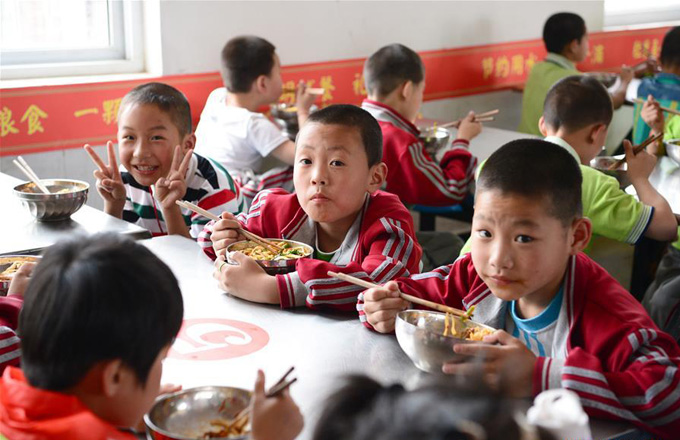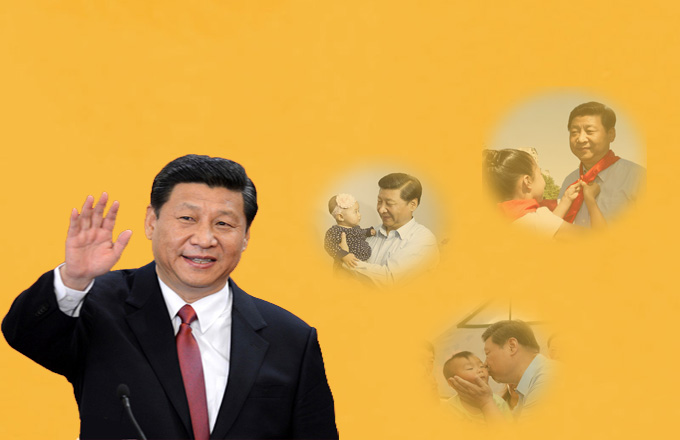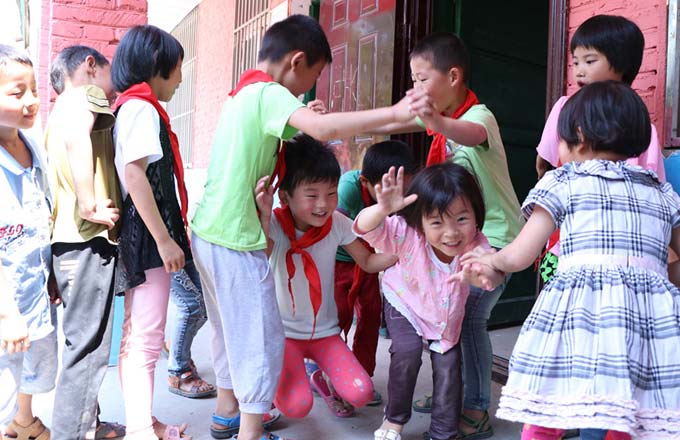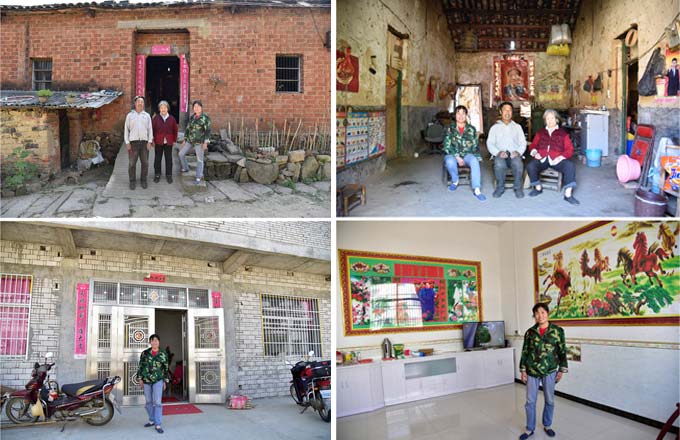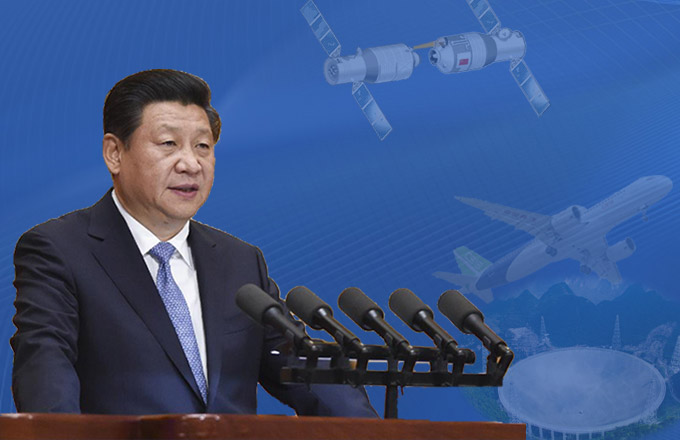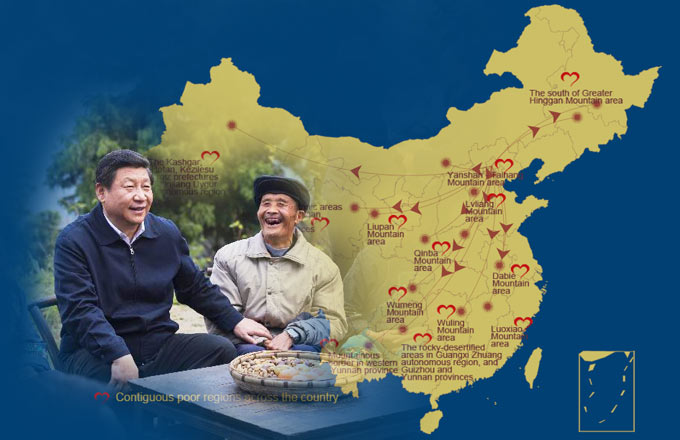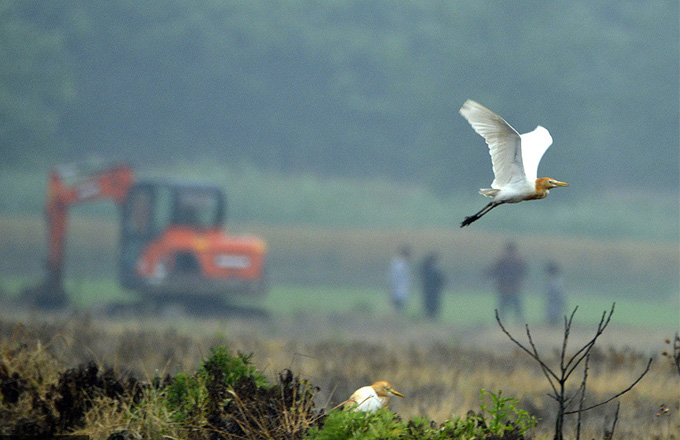Full Text: Human Rights in Xinjiang - Development and Progress
BEIJING-- The State Council Information Office of the People's Republic of China published a white paper titled "Human Rights in Xinjiang - Development and Progress" on Thursday. Following is the full text of the white paper:
Human Rights in Xinjiang - Development and Progress
Contents
Foreword
I. Political Rights
II. Civil Rights
III. Economic Rights
IV. Social Rights
V. Cultural Rights
VI. Environmental Rights
VII. Right to Freedom of Religious Belief
VIII. Rights of Women, Children, the Elderly and Disabled
Foreword
Realization of full human rights is an ideal, one that humankind has pursued for as long as we can remember. It is also a goal that the Chinese people, including people of the various ethnic groups in Xinjiang, have worked hard to reach.
Before the founding of the People's Republic of China (PRC) in 1949, the ethnic groups of Xinjiang suffered oppression from invading foreign forces, the feudal exploiting class and the privileged religious hierarchy. At the bottom of the social ladder, they were deprived of basic human rights. The founding of the PRC and the socialist system prepared a fundamental political prerequisite and laid the institutional basis for the people of Xinjiang's ethnic groups to enjoy such rights. In 1955, the system of regional ethnic autonomy was implemented in Xinjiang, offering further guarantee to the Xinjiang people in exercising their right as masters of the country. Since 1978, when China launched its epoch-making reform and opening-up drive, a new historical phase has been ushered in the economic and social development of Xinjiang, and people of the various ethnic groups in Xinjiang have seen great progress in the protection of their human rights.
The central government has over the years set great store by Xinjiang. It has taken effective measures to develop the economy, improve people's living standards, enhance the well-being of the public, promote ethnic unity and progress, and safeguard the basic rights of all ethnic groups. In particular, since the 18th National Congress of the Communist Party of China (CPC) was held in 2012, the CPC Central Committee with Comrade Xi Jinping at the core has worked hard to promote economic, political, cultural, social and ecological progress across the country. This means following the people-oriented principle, and forging new ideas of innovative, coordinated, green, and open development shared by all. Committed to the progress of Xinjiang and its people, the CPC Central Committee has pooled the strength of the nation to develop the region. In recent years, it has, proceeding from the overall development of the causes of the Party and state, constantly enriched and developed its core strategies for the development and governance of Xinjiang by making maintaining the social order and lasting political stability the overall objective of work in relation to Xinjiang. It called governing Xinjiang in accordance with law, maintaining stability in Xinjiang through ethnic solidarity, and being committed to the development of Xinjiang for a long time to come; keeping to the goal of all ethnic groups working together for common prosperity and development; making energetic efforts to press forward with the development of various undertakings in Xinjiang and focusing on the protection and improvement of the people's living standards; and taking all necessary steps to ensure the people of various ethnic groups the equal right to participation and in development, and equal access to the fruits of development.
- China offers new idea on human rights governance
- China issues report on US human rights
- Work together to promote and protect human rights
- Peace is fundamental premise, foundation for human rights protection: Chinese diplomat
- A Comparative Study on Human Rights Development Approaches in China and U.S.(Special Issue No.48 2016)




